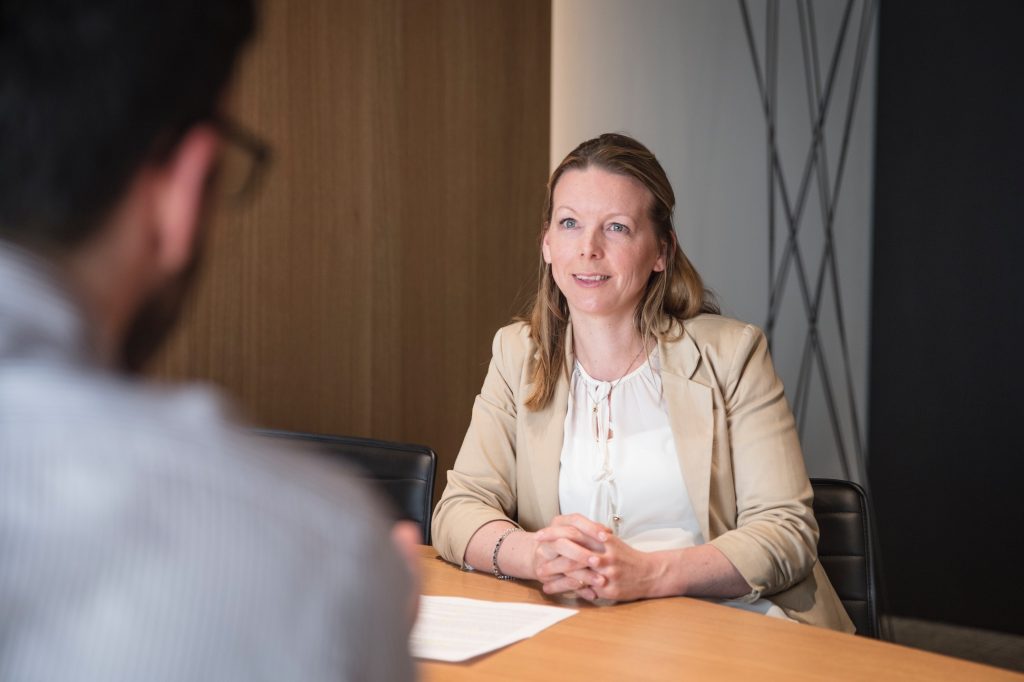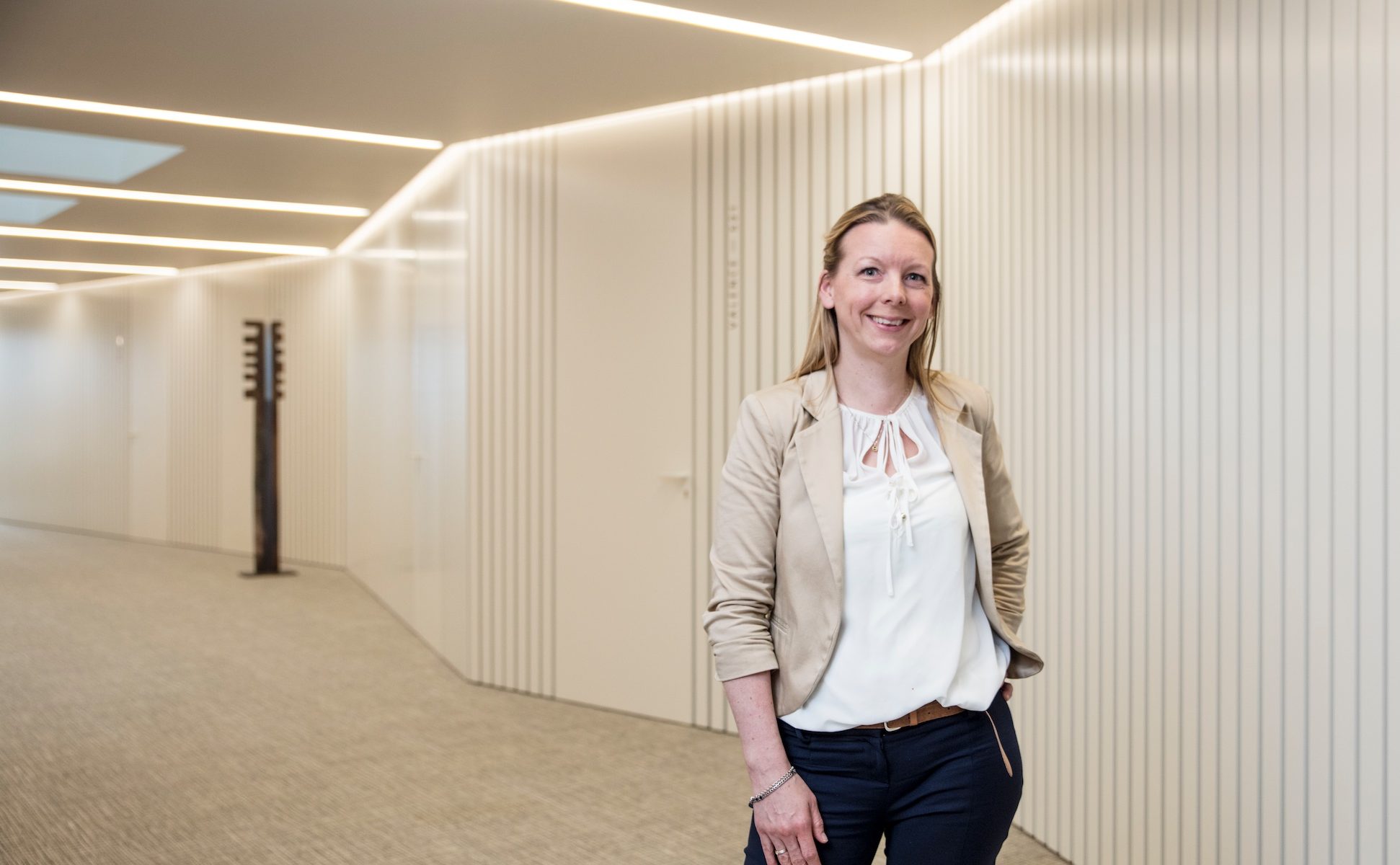Ask the expert: how to make your job application stand out?
After a successful career in human resources, Marlous De Leeuw swapped her native Holland for a career in the Grand Duchy. She now heads up Employer Branding and Sourcing at Banque Internationale à Luxembourg (BIL). Representative for BIL’s dynamic recruitment strategy focusing on innovative top talent, she knows how to attract the best and brightest. We sat down with Marlous to find out what makes a strong job application and how applicants can set themselves apart from the rest.
Can you tell us a little bit about your role at BIL?
As Employer Branding and Sourcing Manager at BIL, I’m responsible for every step of the recruitment process at the bank. I also promote BIL as a top notch employer who attracts, sources and retains new talent.

The cover letter and CV are two documents often used when applying for a job. As a recruiter, what do you look for in each of these documents?
The CV should be clear and show your experience, education and competences in an orderly fashion. As a recruiter we see anywhere between 60 and 100 job applications for every advertised position. So, we really need to see in a split second whether a profile matches what we are looking for.
Only if there are no clear applicants that stand out, we will then look at the cover letter. We often read through the first paragraph to see if there is anything special about the candidate. The purpose of a cover letter is to support the CV and to outline your motivations.
My advice when writing a cover letter is to start by asking yourself the question “why me?”.
We often tend to repeat a CV when writing a cover letter. How can you avoid this repetition and why is it so important?
It is true that people often struggle with the two formats and tend to summarise their CV on the cover letter. My advice when writing a cover letter is to start by asking yourself the question “why me?”. When we write a job description for a vacancy we often start by asking ourselves questions about the type of candidate we would like to attract. We advise candidates to do the same thing and ask what qualities they think we will be interested in.
There is no one way to complete an application, but what do you think should never appear on a cover letter or CV?
Recruiters tend to get annoyed when they see spelling mistakes in an application. We also don’t like to see candidates exaggerate or brag about themselves. A cover letter should be no more than one page. Unless you are a gifted writer there is no need to write more than that. The aim is really to summarise the relevant aspects of your profile. Keep it concise.
What advice can you give to our readers if they want their job application to stand out?
Show energy and enthusiasm. When people in my position read hundreds of applications, we really enjoy finding short, concise and to the point CVs. A clean, professional design certainly helps, but above all, ensure that your CV is relevant for the position.
What type of characteristics are you looking for in a candidate?
Learning agility. Curiosity. Open-mindedness. They are all important characteristics we look for in a candidate. Candidates should demonstrate strong expertise but should also be aware of their environment. You must be open to change and willing to adapt to the major transformations we are witnessing in the banking industry and our society.
We are a bank that is big enough to matter, yet still small enough to care. In a sense, that is also what we expect from young talents: being bold enough to matter and humble enough to care.
What is your advice to young people interested in pursuing a career in banking? What qualities are you looking for in young talent?
Any young people interested in starting a career at our bank should get to know the entire bank. We are a universal bank. All our decisions are made in Luxembourg and our headquarters are based here in the capital. We offer a wide array of services: retail banking, private banking, institutional banking and we also have our own dealing room. It’s a great opportunity for young people to experience every aspect of a bank, but still feel empowered to achieve something. We are a bank that is big enough to matter, yet still small enough to care. In a sense, that is also what we expect from young talents: be bold enough to matter and humble enough to care.

Should a candidate approach an unsolicited application in the same way as a job vacancy?
If you are open to applying for a job, try to connect and engage on social media. We get a lot of unsolicited applications. I often receive a lot of messages through LinkedIn from people interested in pursuing a career at BIL, which I appreciate because they are putting in a lot of effort. My advice is don’t just send an invitation to connect. Try and write a personal message. Also, be authentic.
We know that traditions vary from country to country when building a CV. For example, in the US photos are never included, but in Europe it’s the contrary. What about in a cosmopolitan city like Luxembourg?
We defend an equal opportunity policy and therefore would not want people to feel obliged to add a photo. Only motivation and a solid content are key to the success of your application.
This article is a part of the folder First job survival guide


 Mortgage
Mortgage Personal loan
Personal loan Savings
Savings